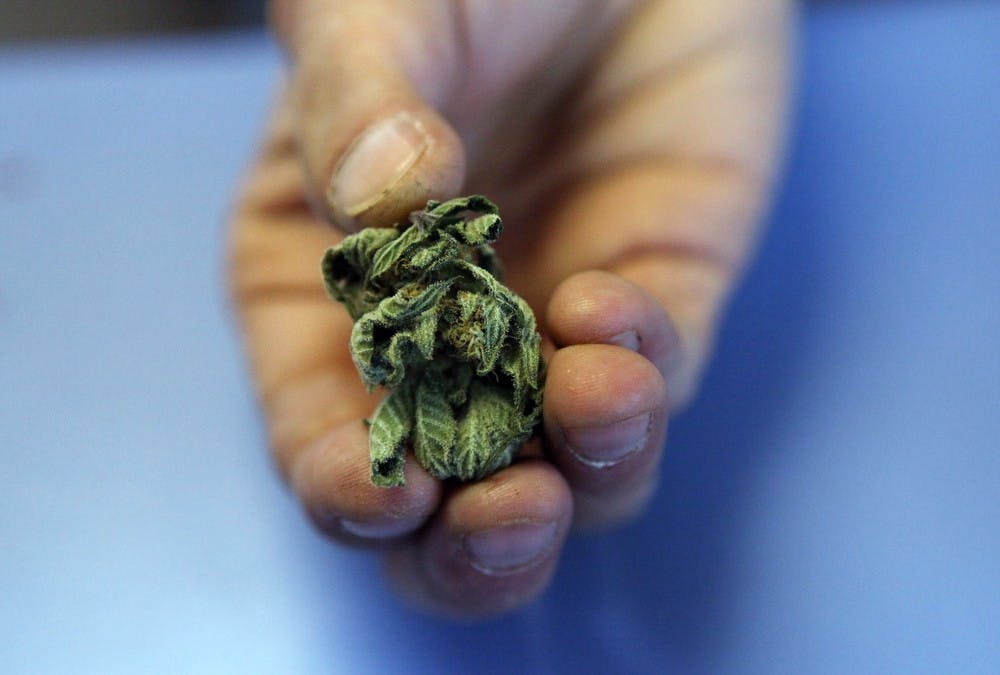Since the introduction of medical marijuana cards and their allowance in the state of Arizona, there has been some confusion in the realm of where this previously banned drug can be used appropriately. Companies' drug testing policies, as well as the state's definition of a DUI, will have to adjust. The question is how much these policies should be adjusting to the new legalization. My take: These DUI policies should change very little.
This past week, Arizona’s Supreme Court deemed the presentation of a medical marijuana card a viable defense against a DUI. Using this defense does not automatically grant the defendant immunity, but it is, as of this week, a vetted tactic.
The reason this defense has been legitimized is that neither the Arizona’s Medical Marijuana Act (AMMA) nor the state’s law relating to DUI acknowledge the impairment threshold of testable amounts of marijuana in your system. Since identifiable traces of marijuana will remain in one’s system after any impairment has subsided, this issue has become a legal gray area.
Or a loophole.
Lester: Are #MedicalMarijuana users risking a #DUI? More importantly: are they making the road less safe - and how do we gauge impairment?
— Dr Charles Nozicka (@Rocketdoc53) November 16, 2015
Our collective lack of knowledge of the lasting effects of this drug has translated to us setting aside public safety. Instead, we should have allowed the parameters of impairment to remain where they currently stood — any person who has a substance known to diminish one’s ability to make quality decisions — until further information relating to marijuana’s lasting effects had been discovered.
Instead of residing on the safe side of this issue, Arizona’s chosen to potentially endanger lives and provide a legal out for those driving irresponsibly.
Melissa DeLaney spoke on behalf of the Arizonians for Responsible Drug Party when she summed up my opinion perfectly: “Impairment is impairment, regardless of the circumstance. Just because it’s legal for a person to drink alcohol, doesn't mean he or she has the right to drive drunk.”
The controversy will continue to buzz around this issue until the state sets legitimate parameters of impairment. While I understand that there can be a difference between the presence of a drug in one’s system and their degree of impairment, I cannot help but be weary of the potential detrimental consequences that can follow a decision such as this one.
#cnndebate Why not trade drivers licenses for medical marijuana cards? If you're choosing to be impaired you shouldn't be able to drive.
— Sandy DeKreek (@SandyDeKreek) September 17, 2015
When it comes to assessing what is and what is not a safe state of mind to be in while driving, I would suggest hanging around on the safer side. Impairment of the slightest degree can be the difference between life and death for someone and being uneducated on the topic is valid way to make that decision.
Related Links:
Police: Man drives under influence of marijuana, alcohol
Students, experts debate marijuana legalization at ASU West campus
Reach the columnist at rblumen2@asu.edu or follow @500wordsofrayne on Twitter.
Editor’s note: The opinions presented in this column are the author’s and do not imply any endorsement from The State Press or its editors.
Want to join the conversation? Send an email to opiniondesk.statepress@gmail.com. Keep letters under 300 words and be sure to include your university affiliation. Anonymity will not be granted.
Like The State Press on Facebook and follow @statepress on Twitter.




